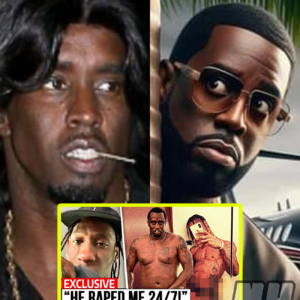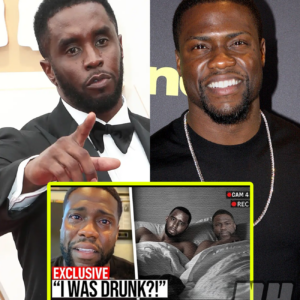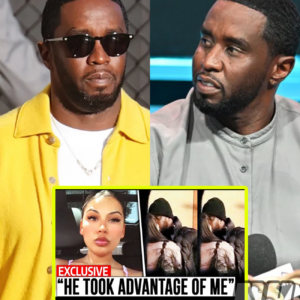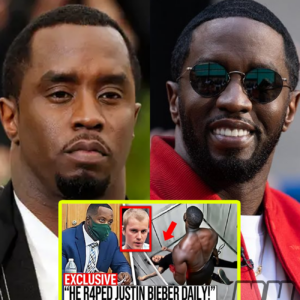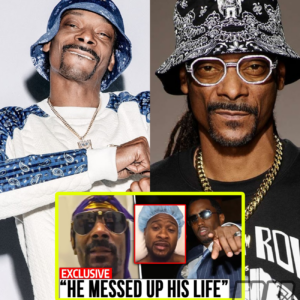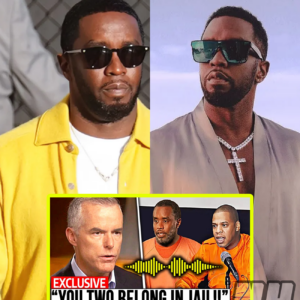Power, Fame, and Legal Woes: The Parallels Between Donald Trump and Sean “P. Diddy” Combs

Donald Trump and Sean “P. Diddy” Combs are two figures whose names resonate across vastly different spheres—politics and entertainment. However, a striking commonality between them lies in their use of wealth, fame, and influence, which have ultimately led both to face significant legal troubles. This article explores the narratives surrounding their recent legal battles, shedding light on the underlying themes of power, accountability, and the changing tides of public perception.
Donald Trump’s Legal Battle
Donald Trump, the 45th President of the United States, has faced numerous legal challenges both during and after his presidency. Recently, Trump was convicted on 34 counts, a culmination of a lengthy and highly publicized trial. The courtroom atmosphere was tense as the jury reached its verdict, with the proceedings extending beyond the typical end-of-day dismissal.
Observers noted Trump’s demeanor throughout the trial—often seen with his eyes closed, seemingly disengaged. When the jury delivered the guilty verdict, his reaction was a mix of disbelief and resignation. Courtroom sketch artist Jane Rosenberg captured the moment, depicting Trump shaking his head and closing his eyes, a stark contrast to his typically combative public persona.
This conviction represents a significant moment in Trump’s post-presidential life, reflecting a broader scrutiny of his actions and decisions. His conviction has fueled ongoing debates about the accountability of powerful individuals and the extent to which wealth and influence can shield one from legal repercussions.
Sean “P. Diddy” Combs: A Mounting Legal Storm
Parallel to Trump’s legal woes, Sean “P. Diddy” Combs faces his own set of serious allegations. The music mogul, known for his prolific career and vast influence in the entertainment industry, is under federal investigation for multiple counts of sexual assault. This investigation gained traction following raids on his Los Angeles and Miami homes, signaling a significant escalation in the case.
The allegations against Diddy are both numerous and severe. Accusers, emboldened by the high-profile case of Cassie Ventura, have come forward with disturbing accounts of physical and sexual abuse spanning years. Ventura’s allegations, detailed in her lawsuit, describe a pattern of violent behavior and coercion, supported by extensive efforts to conceal the abuse.
Federal investigators have been methodical, bringing in potential witnesses for questioning and gathering substantial evidence. This includes surveillance equipment and other gadgets seized during the raids, believed to contain recordings of criminal activities. As the investigation progresses, the possibility of an indictment looms large, suggesting that Diddy may soon face formal charges.
Common Threads: Power, Control, and Accountability
Both Trump and Diddy have used their considerable resources to influence those around them, whether through financial settlements, NDAs, or leveraging their public platforms. Trump’s conviction and Diddy’s ongoing investigation highlight a significant shift in how society addresses the misconduct of powerful figures.
For Trump, the courtroom drama underscores his contentious relationship with the legal system, often portraying himself as a victim of political persecution. Yet, the jury’s decision reflects a broader consensus on the need for accountability, irrespective of one’s status or position.
Diddy, on the other hand, is grappling with a different form of accountability. The wave of accusations against him is part of a larger reckoning within the entertainment industry, where survivors of abuse are increasingly finding their voices. The legal proceedings against Diddy could set a precedent for how such cases are handled, particularly concerning high-profile individuals.
Looking Ahead: Implications and Consequences
As Trump’s legal battles continue to unfold, his political future remains uncertain. The conviction may impact his aspirations for a potential political comeback, serving as a stark reminder of the legal and ethical standards expected of public officials. Moreover, it raises questions about the broader implications for his supporters and the Republican Party.
Diddy’s situation, still in the investigatory phase, highlights the pervasive issue of abuse within the entertainment industry. Should an indictment occur, it will likely have far-reaching consequences for Diddy’s career and personal life. More importantly, it will reinforce the message that no individual, regardless of their fame and fortune, is above the law.
Both cases reflect a societal shift towards greater accountability and justice. The public’s reaction to these legal battles, coupled with the ongoing efforts of the legal system, signifies an evolving landscape where power and privilege no longer guarantee impunity.
Conclusion
Donald Trump and Sean “P. Diddy” Combs, despite their vastly different realms of influence, share a common narrative of using power and status to navigate and, at times, evade accountability. Their current legal predicaments underscore a broader cultural and legal reckoning with the abuses of power. As society continues to grapple with these issues, the outcomes of these cases will undoubtedly shape future expectations and standards for public figures and influential personalities.
News
(VIDEO) Celebs that P Diddy EXPLOITED for Cash
P Diddy and the Dark Side of the Entertainment Industry The entertainment industry is no stranger to scandal and controversy, but the recent revelations surrounding P Diddy (Sean Combs) have brought to light a web of disturbing allegations and connections…
(VIDEO) Kevin Hart IN TEARS After New Leaks EXPOSE Him At Diddy’s After Parties!!
Kevin Hart: A Complex Journey Through Fame, Scandal, and Personal Growth Kevin Hart, the renowned comedian and actor, has led a life marked by both incredible professional success and deeply personal scandals. His journey from selling sneakers to becoming one…
(VIDEO) “He Ruined My Life” Former Diddy Employees TEAM UP To EXPOSE Him!
The Dark Side of Fame: Allegations Against Diddy and the Revelations from Former Employees The music industry is often glamorized for its glitz and glamour, but behind the scenes, it can harbor dark secrets and troubling behavior. Recently, Sean “Diddy”…
(VIDEO) “He’s Why Justin Bieber Is DEPRESSED!” Undercover FBI Agent EXPOSES Diddy
The Tumultuous History of Snoop Dogg, P. Diddy, and the East Coast-West Coast Rivalry Hip-hop history is fraught with feuds, friendships, and ever-changing alliances. Central to many of these stories are iconic figures such as Snoop Dogg and P. Diddy…
(VIDEO) “Diddy Did Usher Dirty Forever” Snoop Dogg EXPOSES Sean Combs!
The Tumultuous History of Snoop Dogg, P. Diddy, and the East Coast-West Coast Rivalry Hip-hop history is fraught with feuds, friendships, and ever-changing alliances. Central to many of these stories are iconic figures such as Snoop Dogg and P. Diddy…
(VIDEO) Undercover CIA Agent EXPOSES Diddy & Jay Z!
The Fall of P. Diddy: A Dismantling of Credibility and the Unfolding Legal Crisis Introduction In recent years, Sean “P. Diddy” Combs has found himself at the epicenter of numerous controversies and legal battles that have significantly tarnished his once-polished…
End of content
No more pages to load
